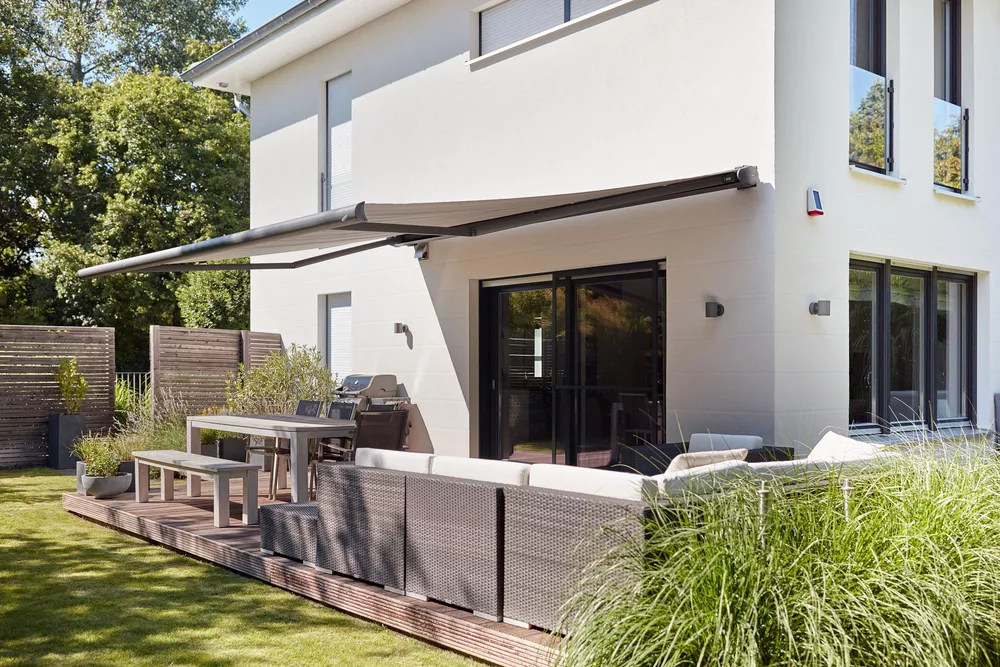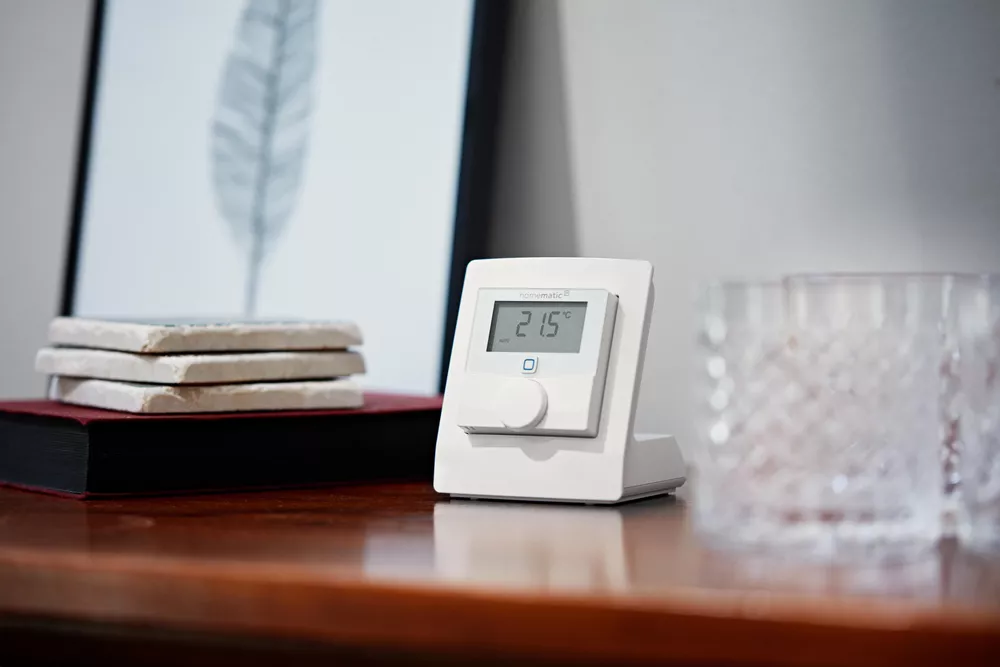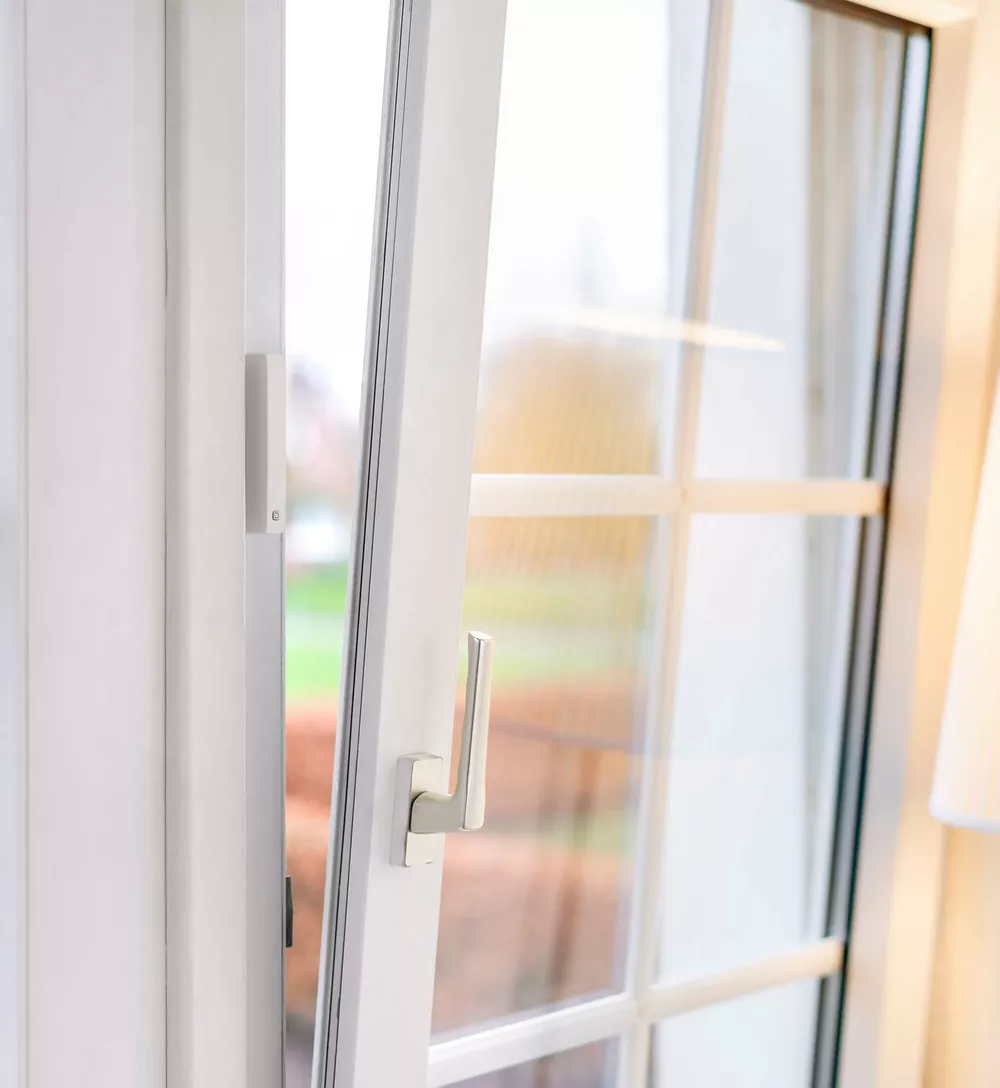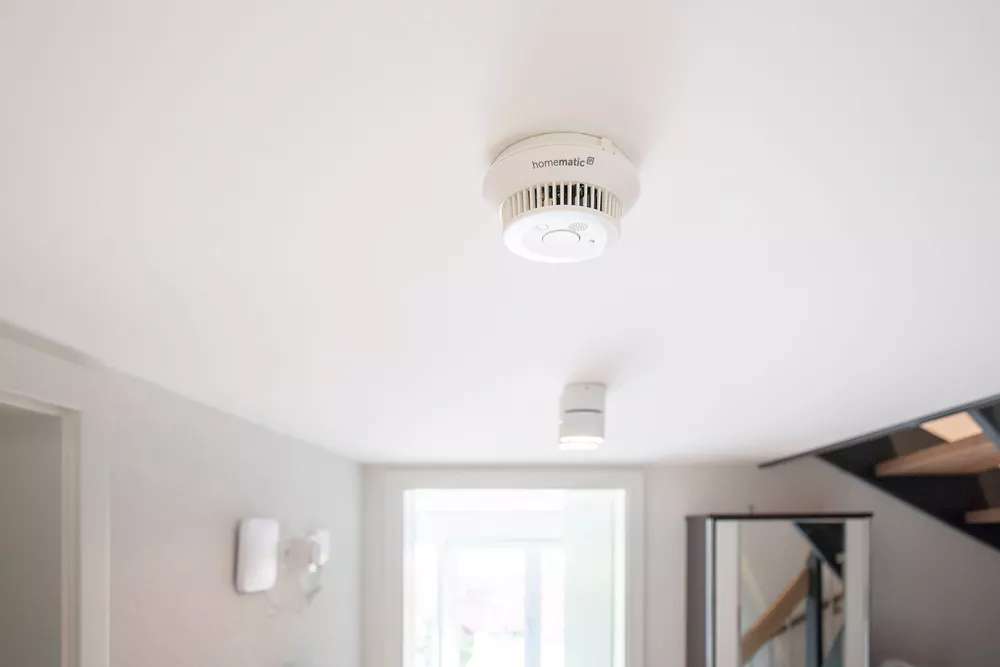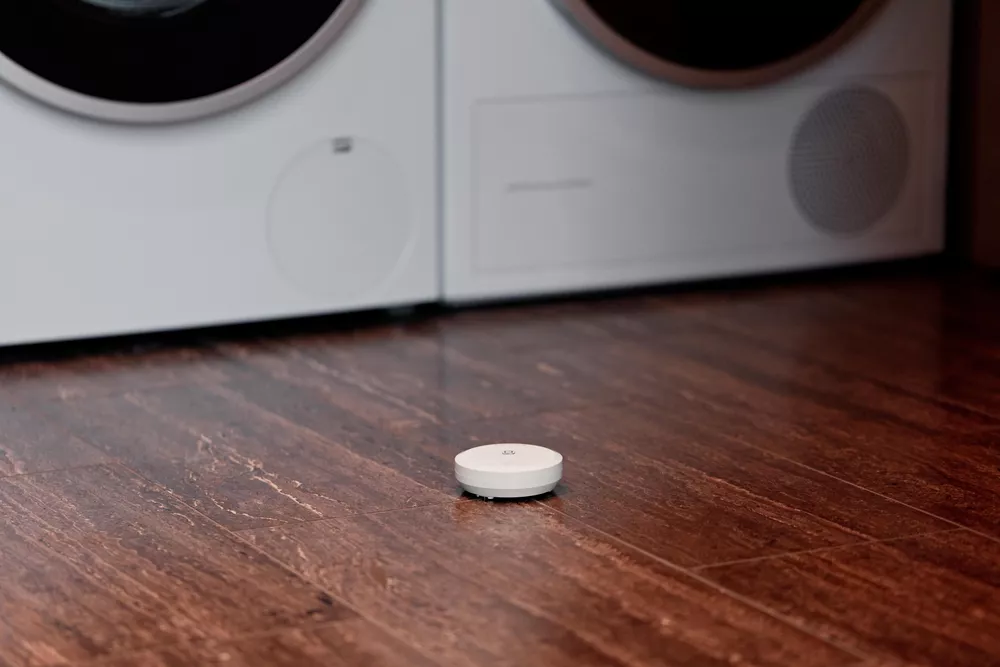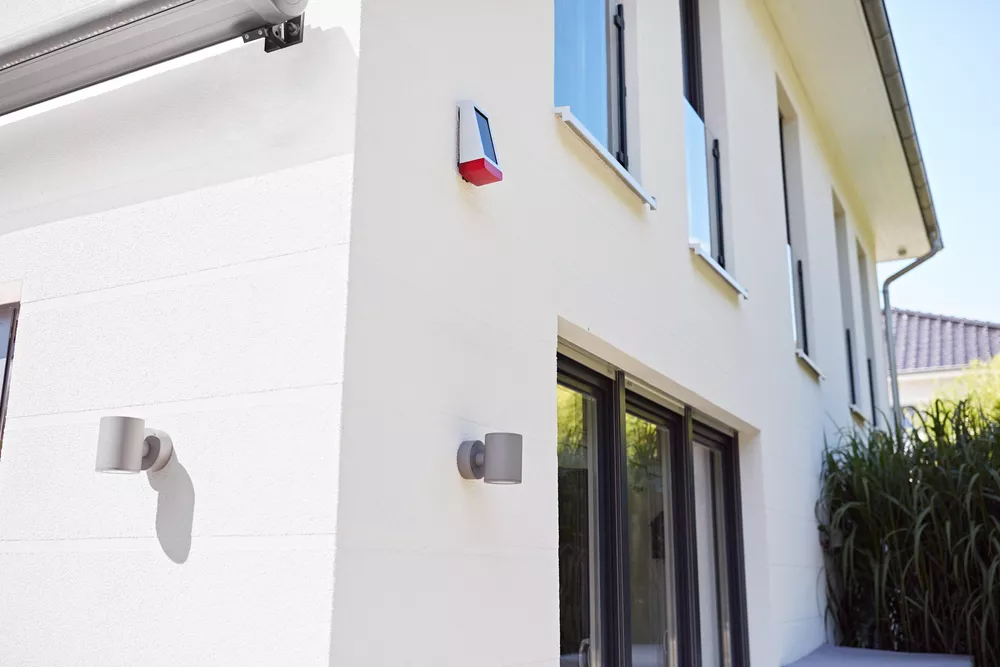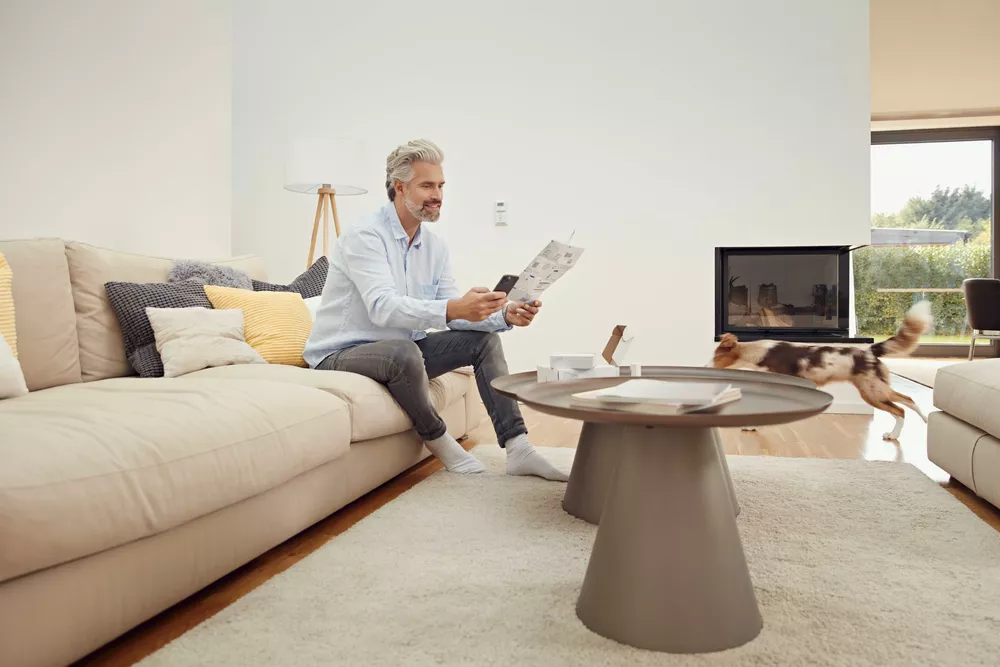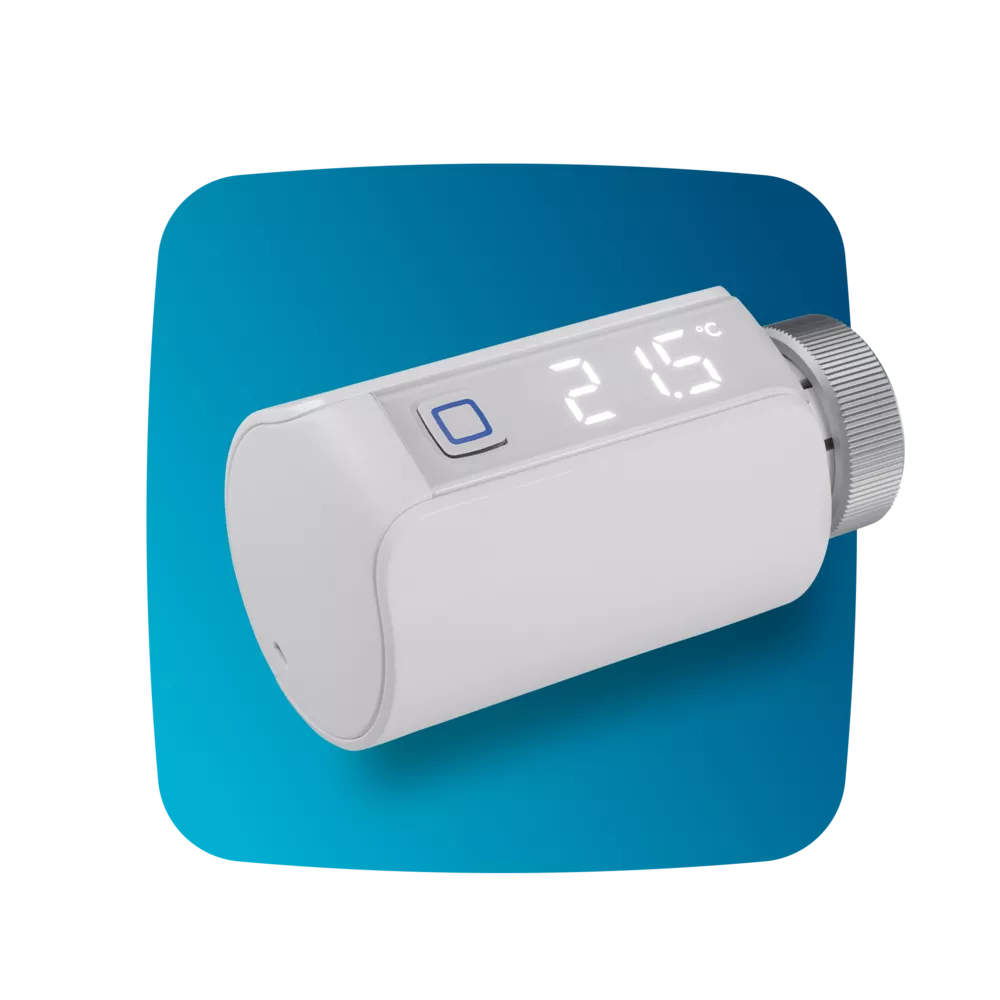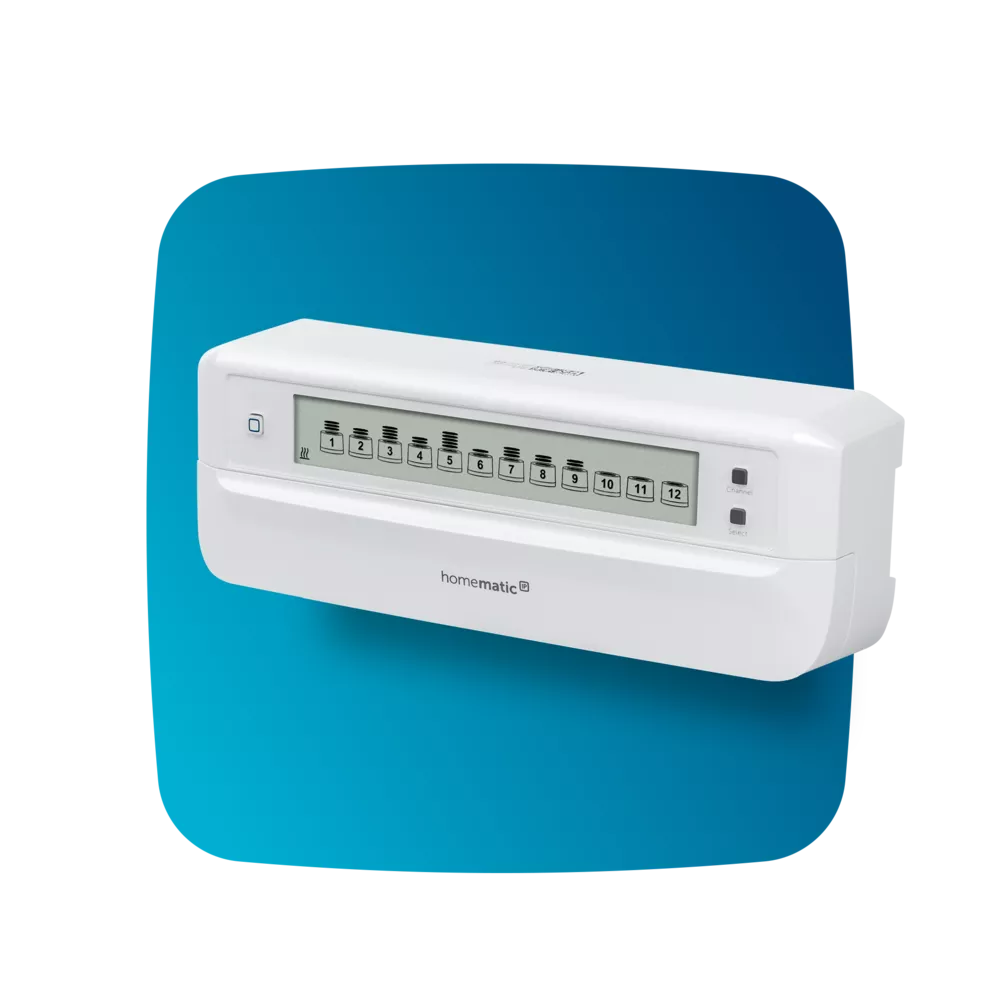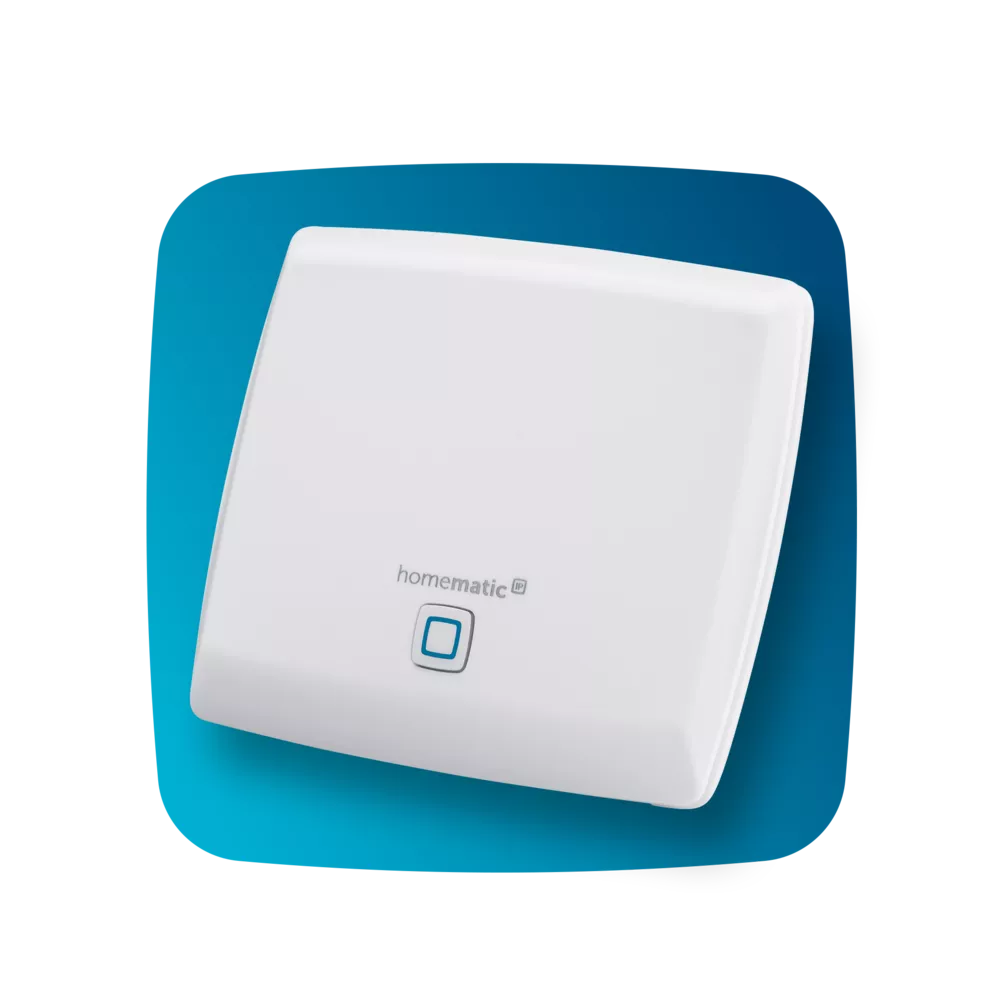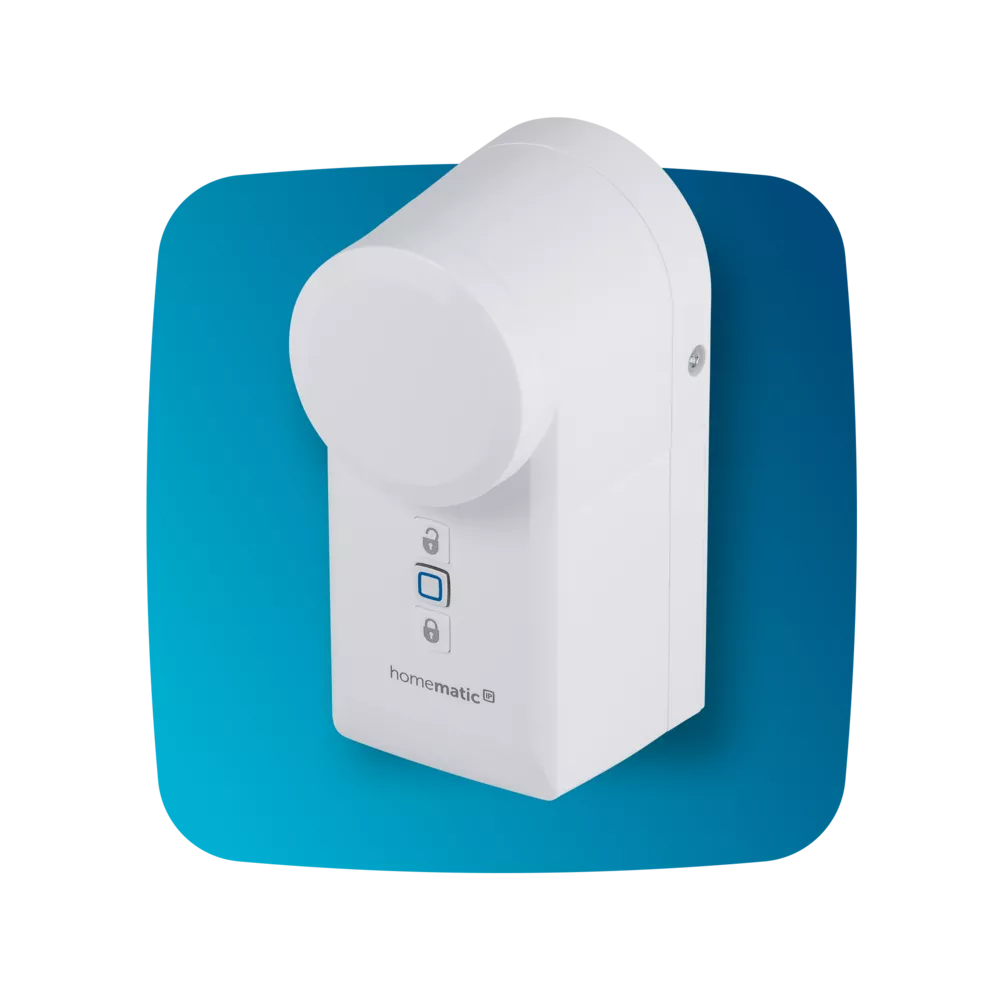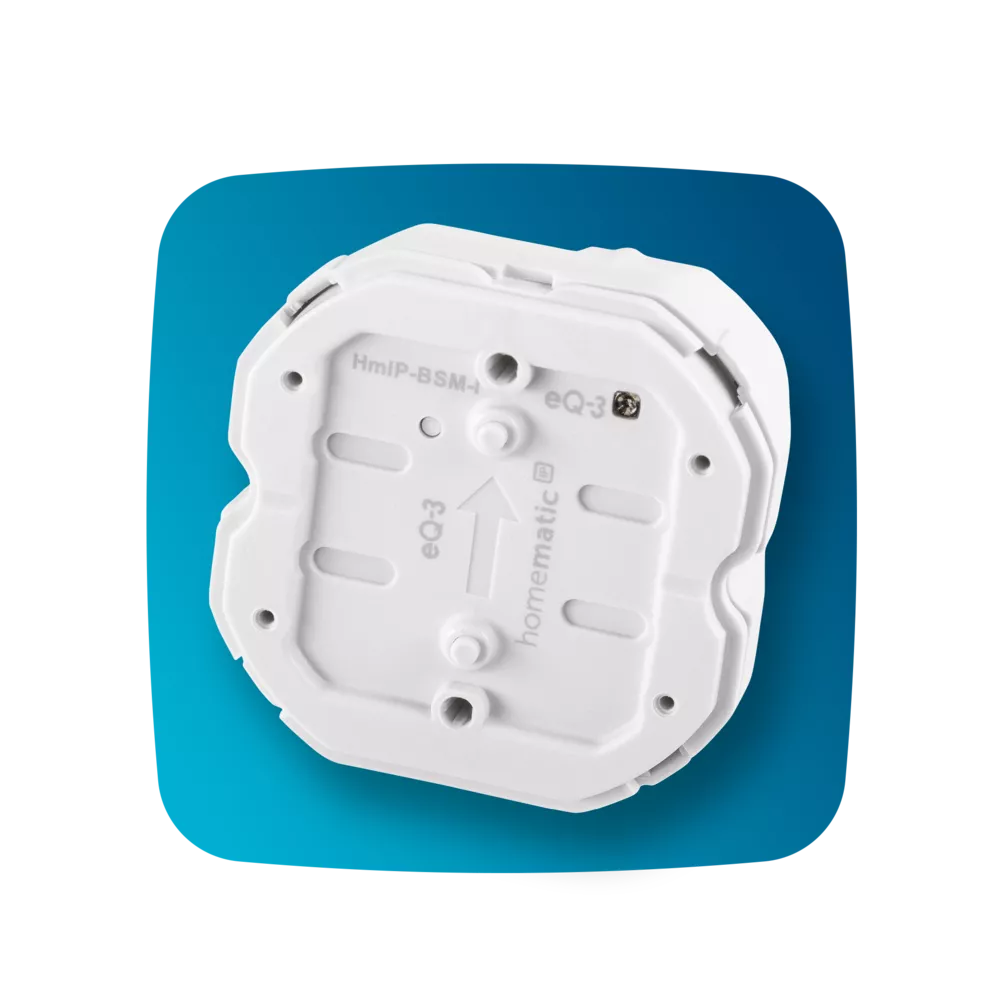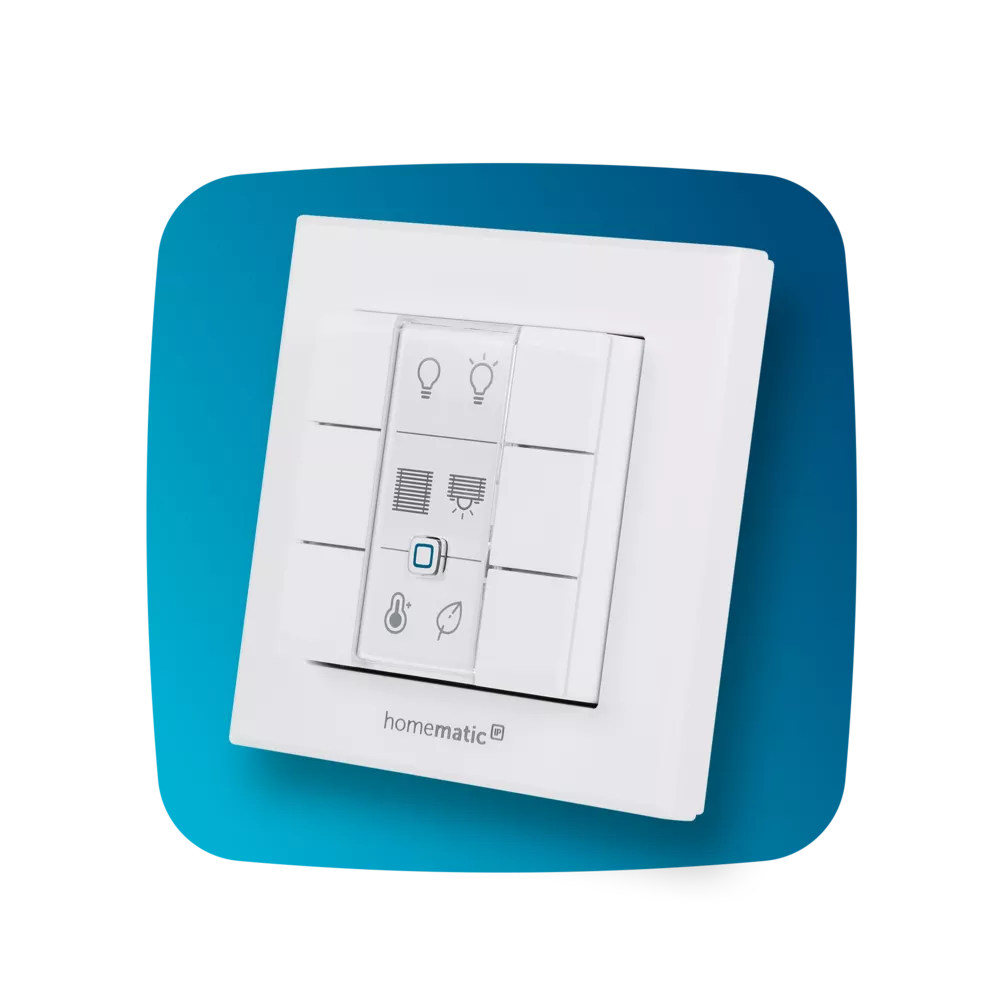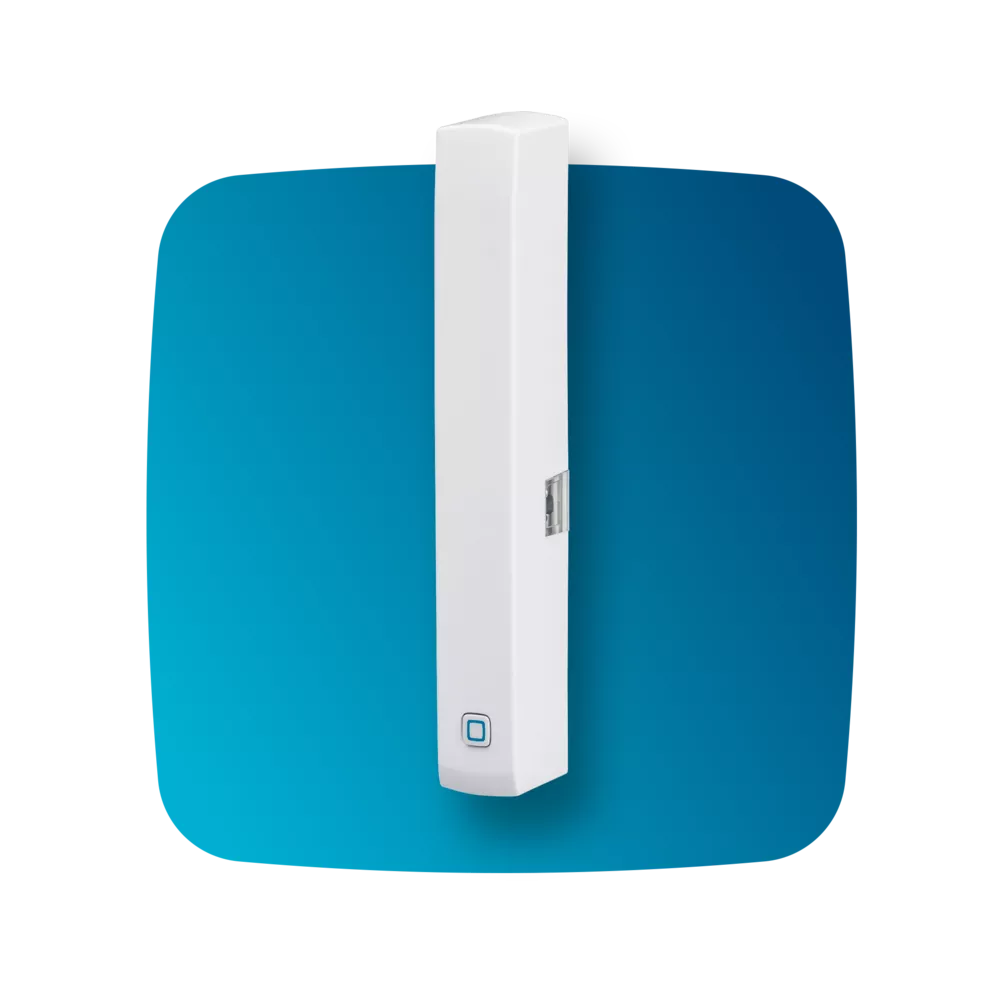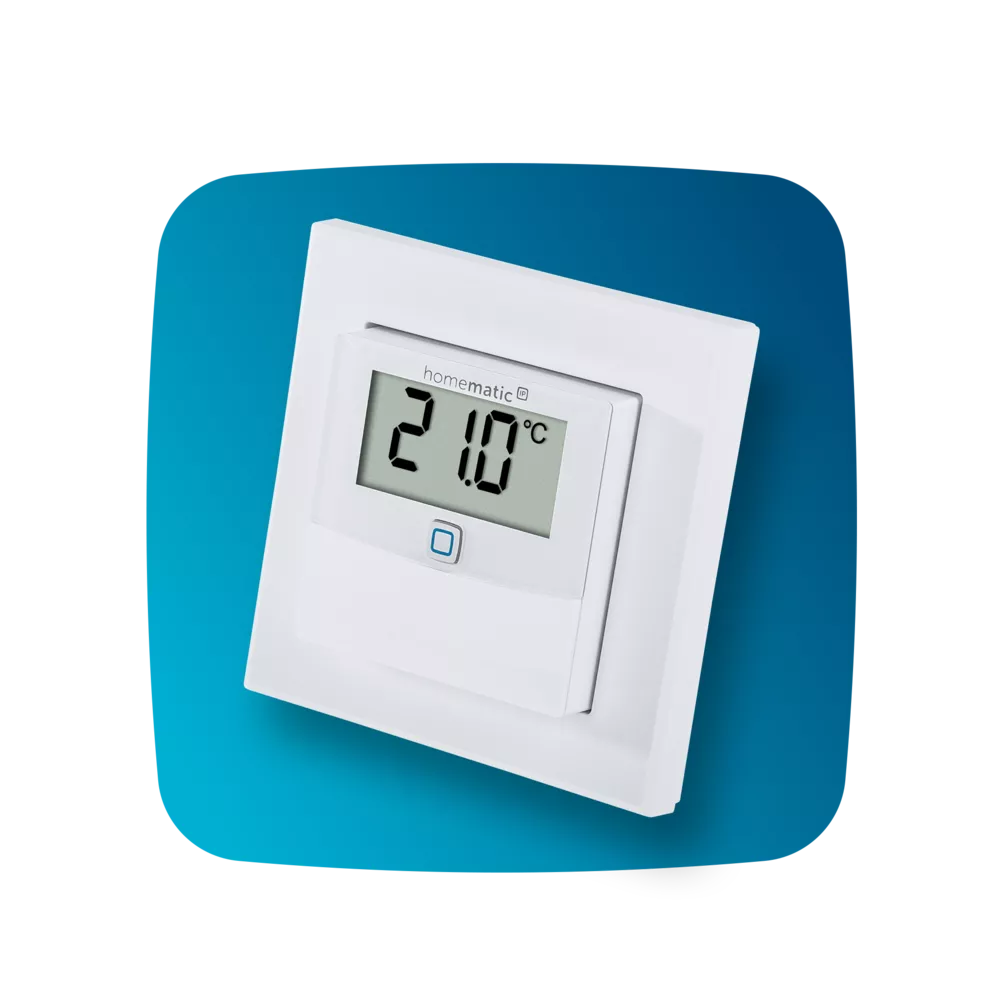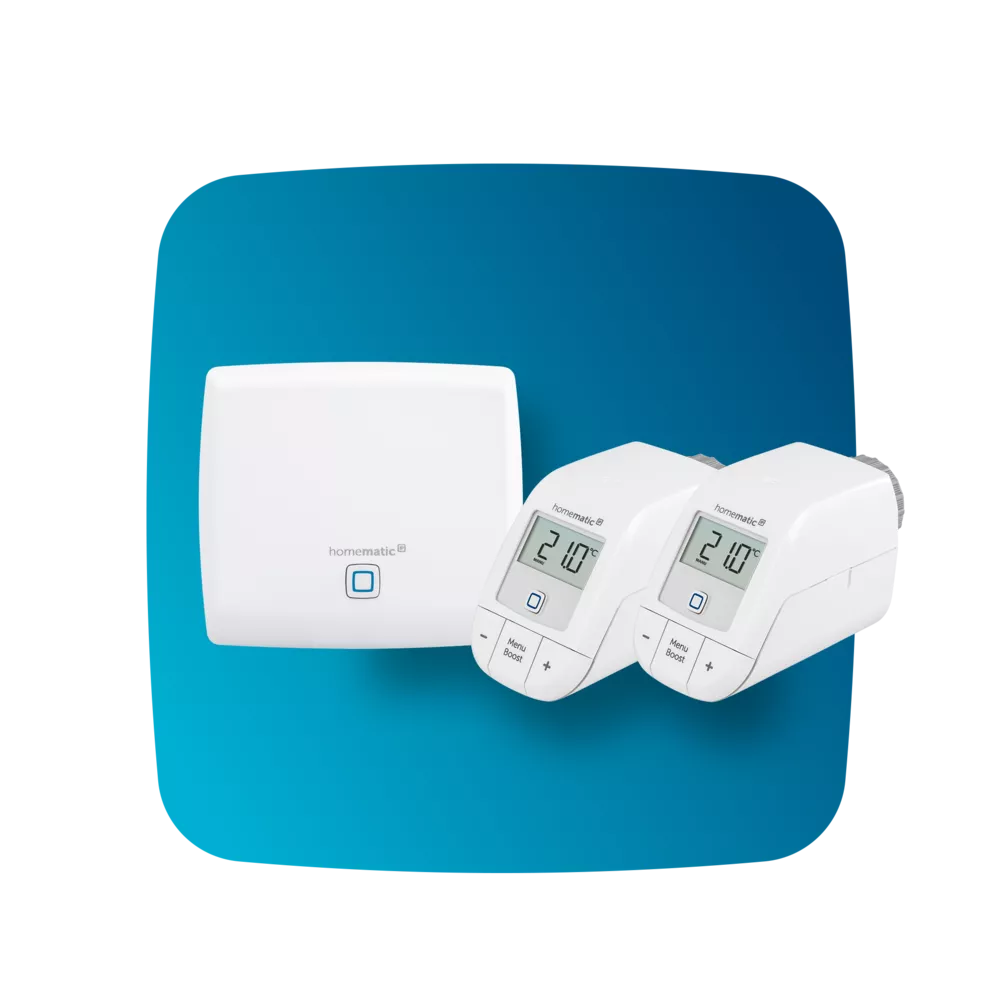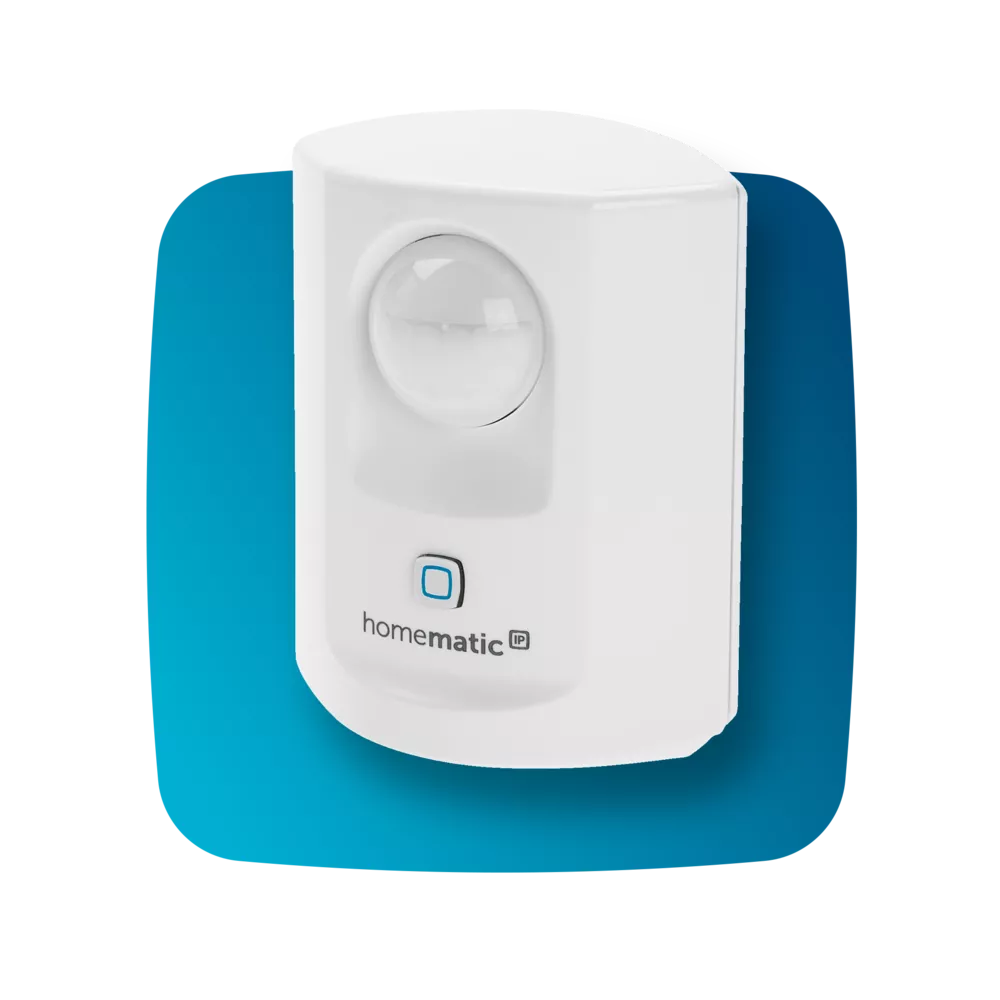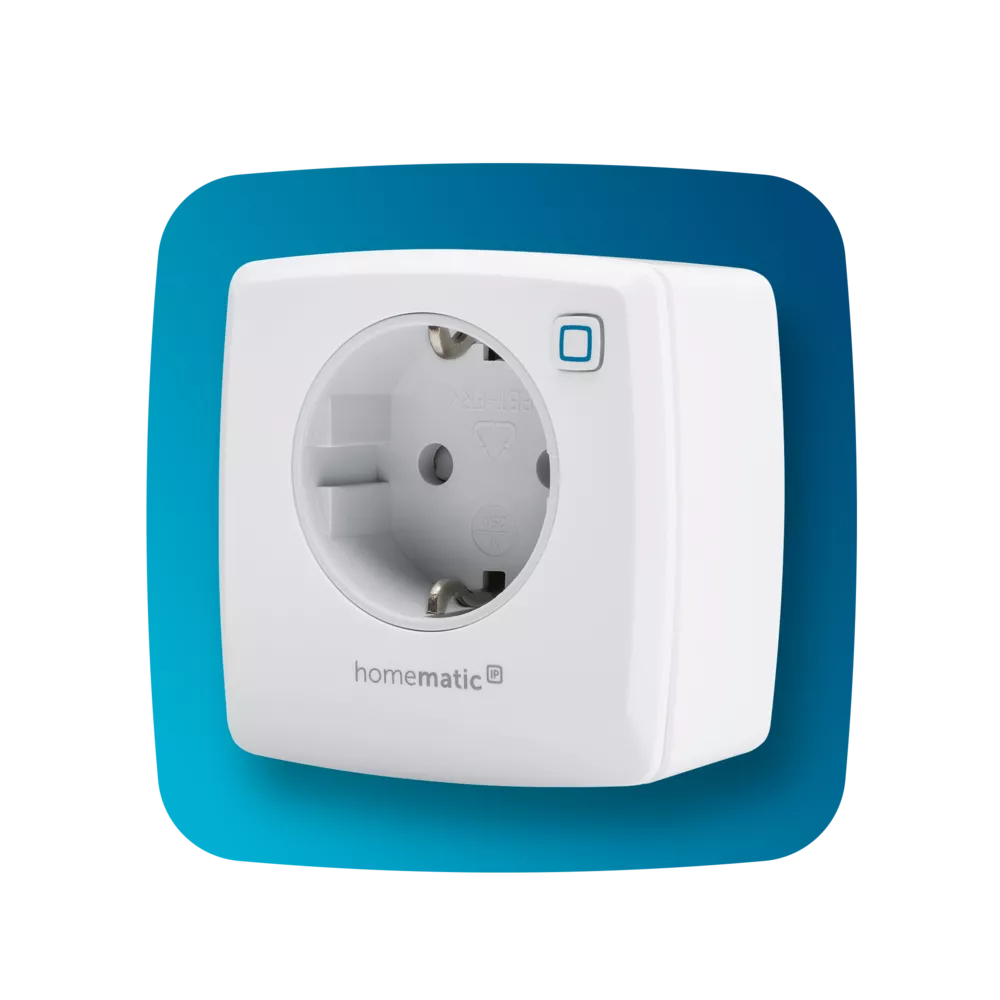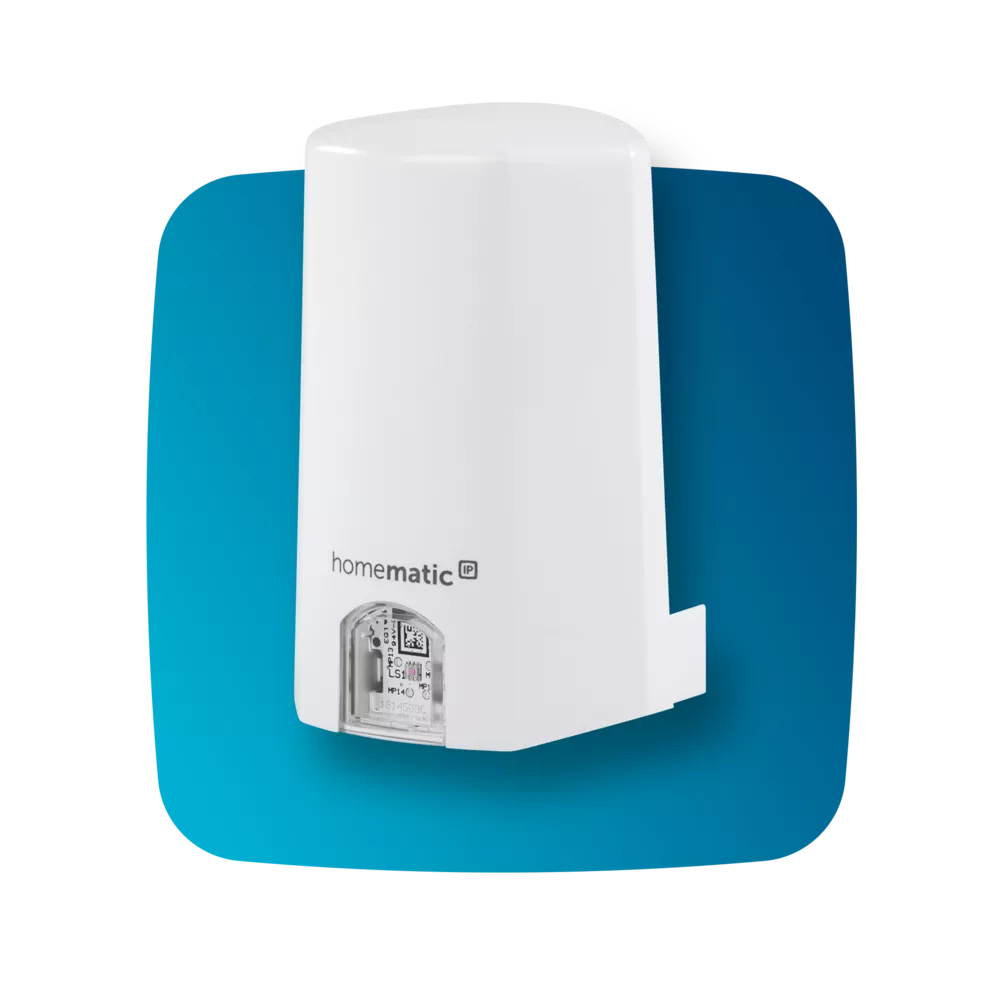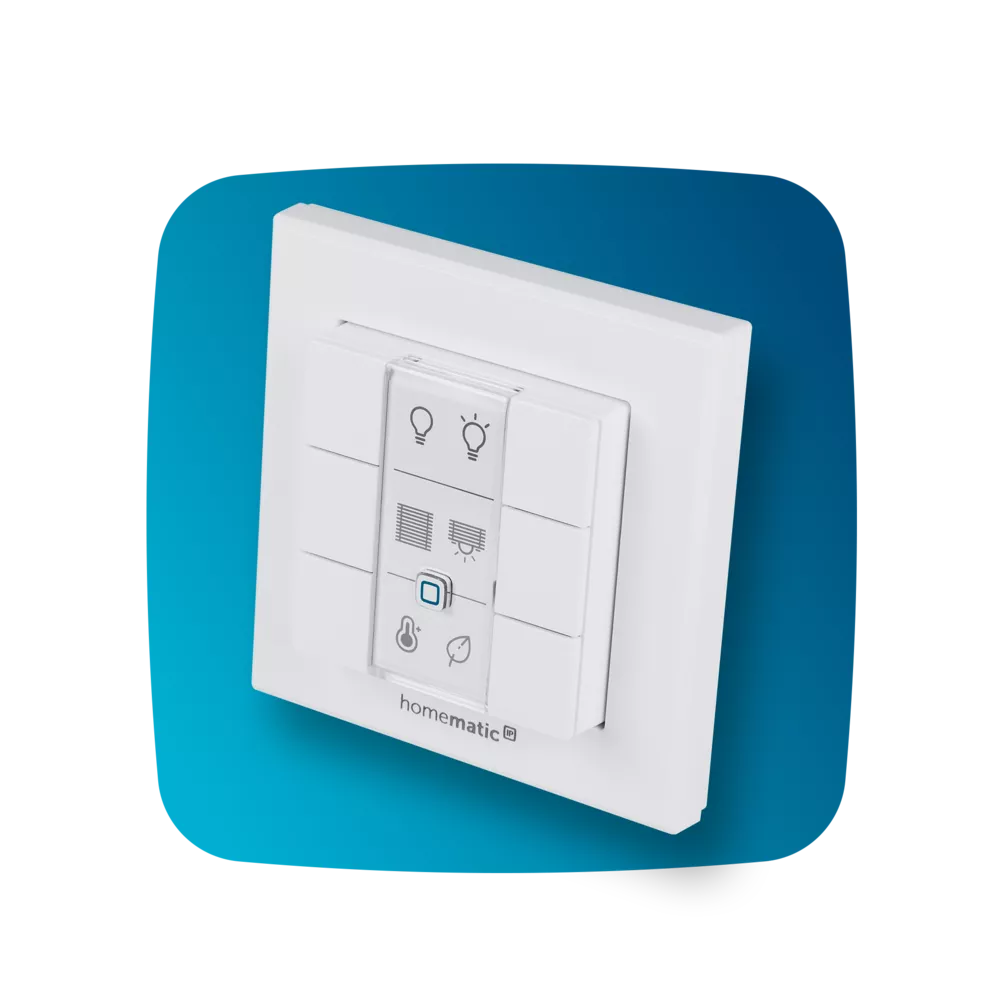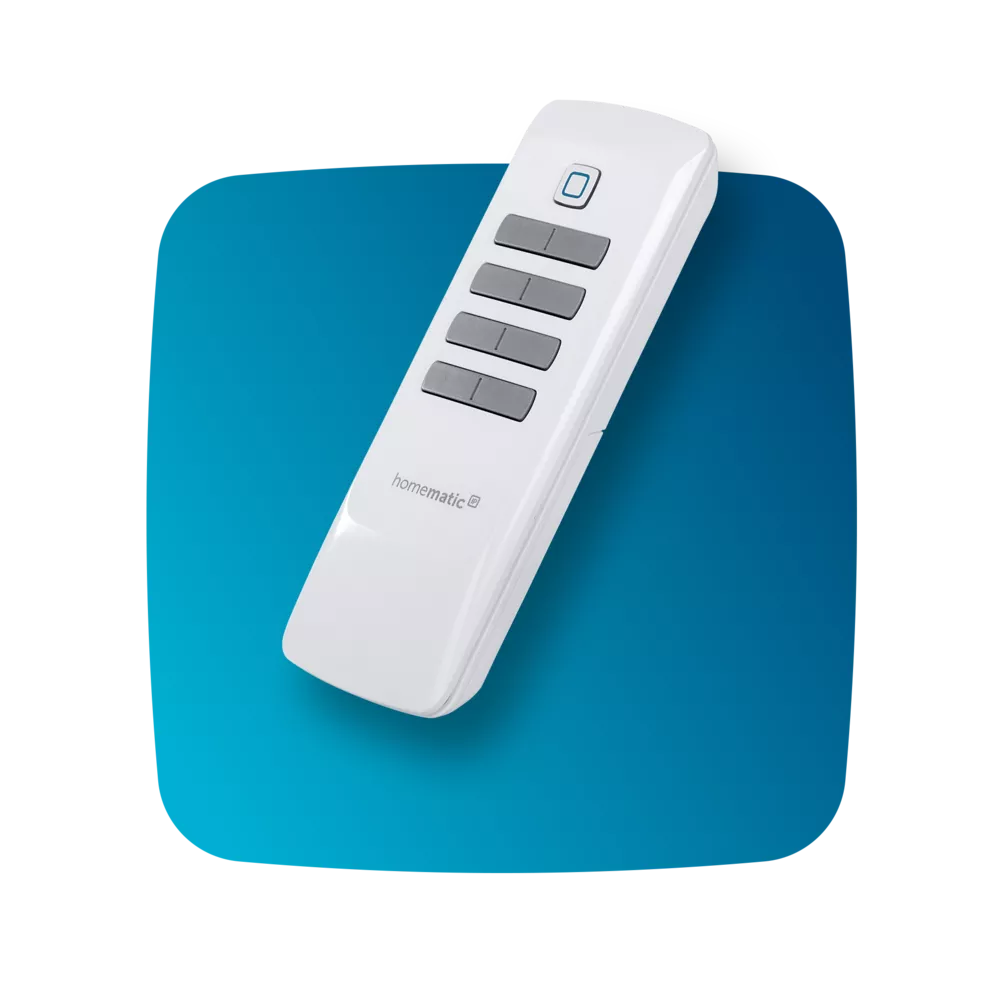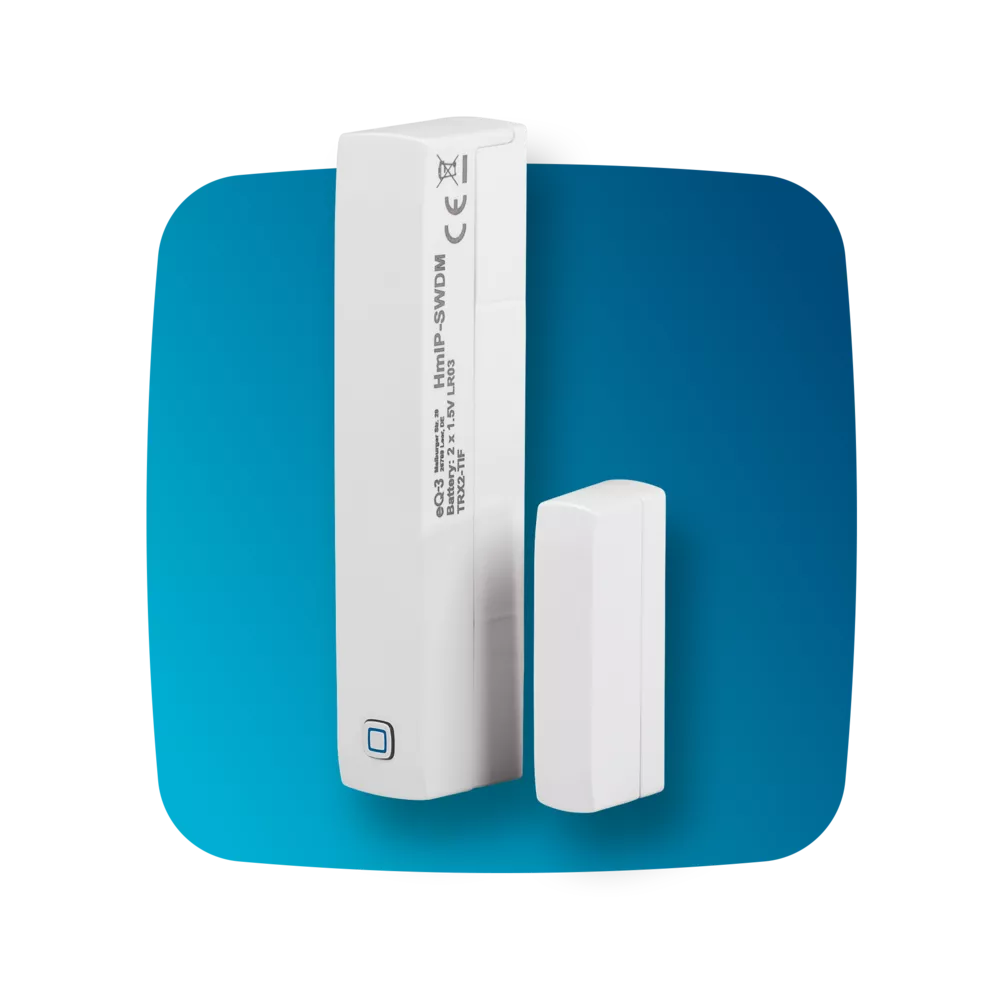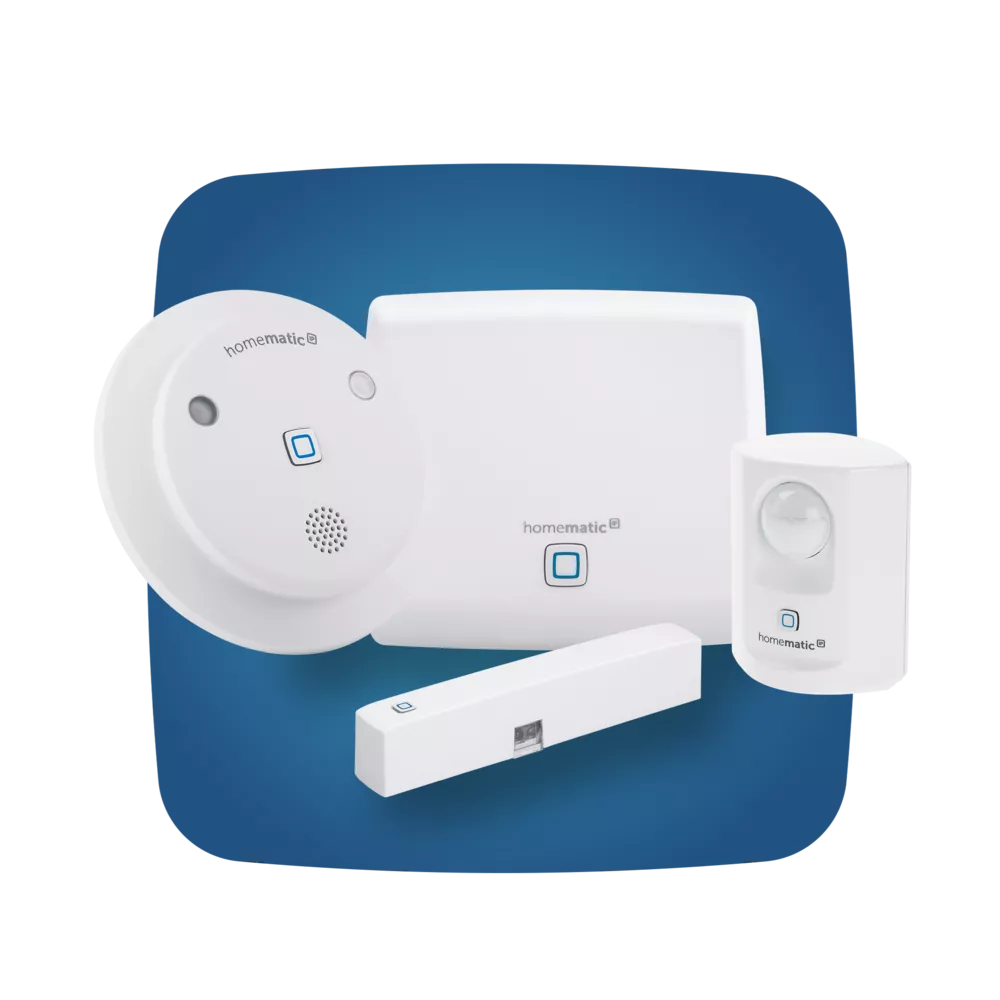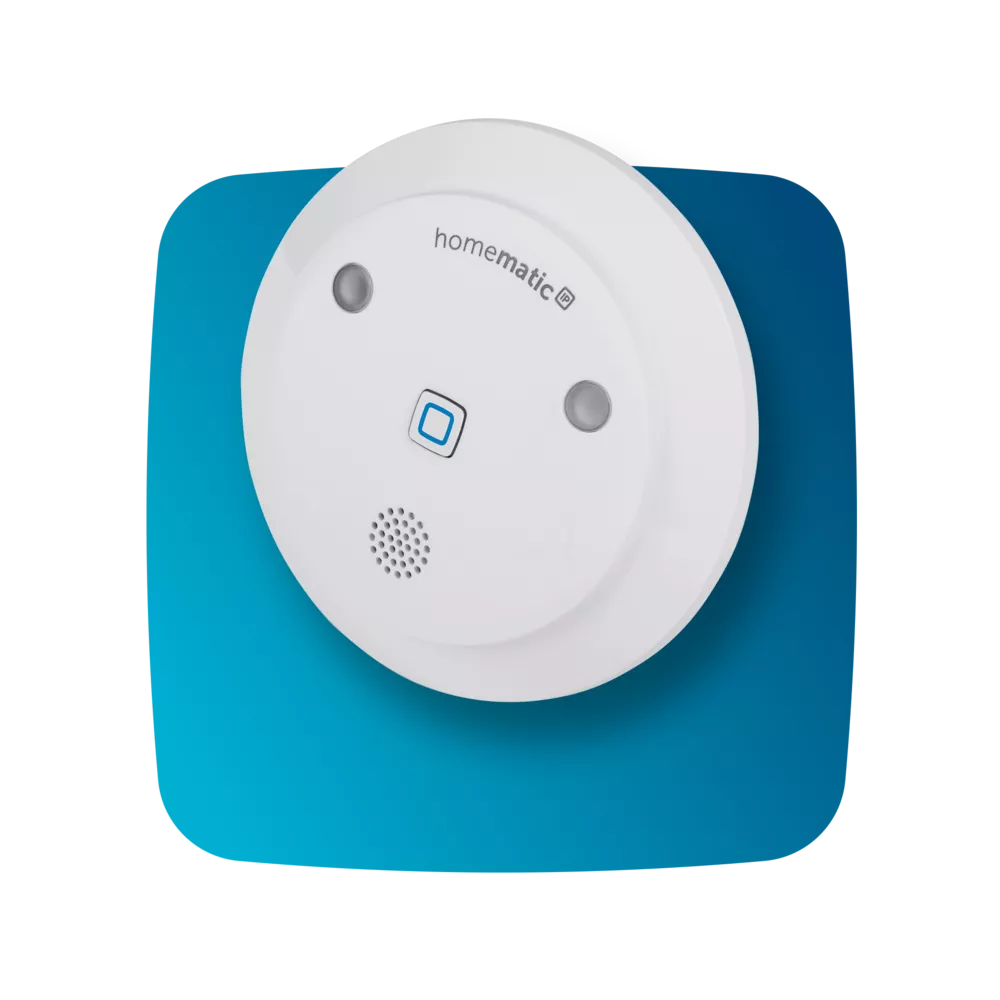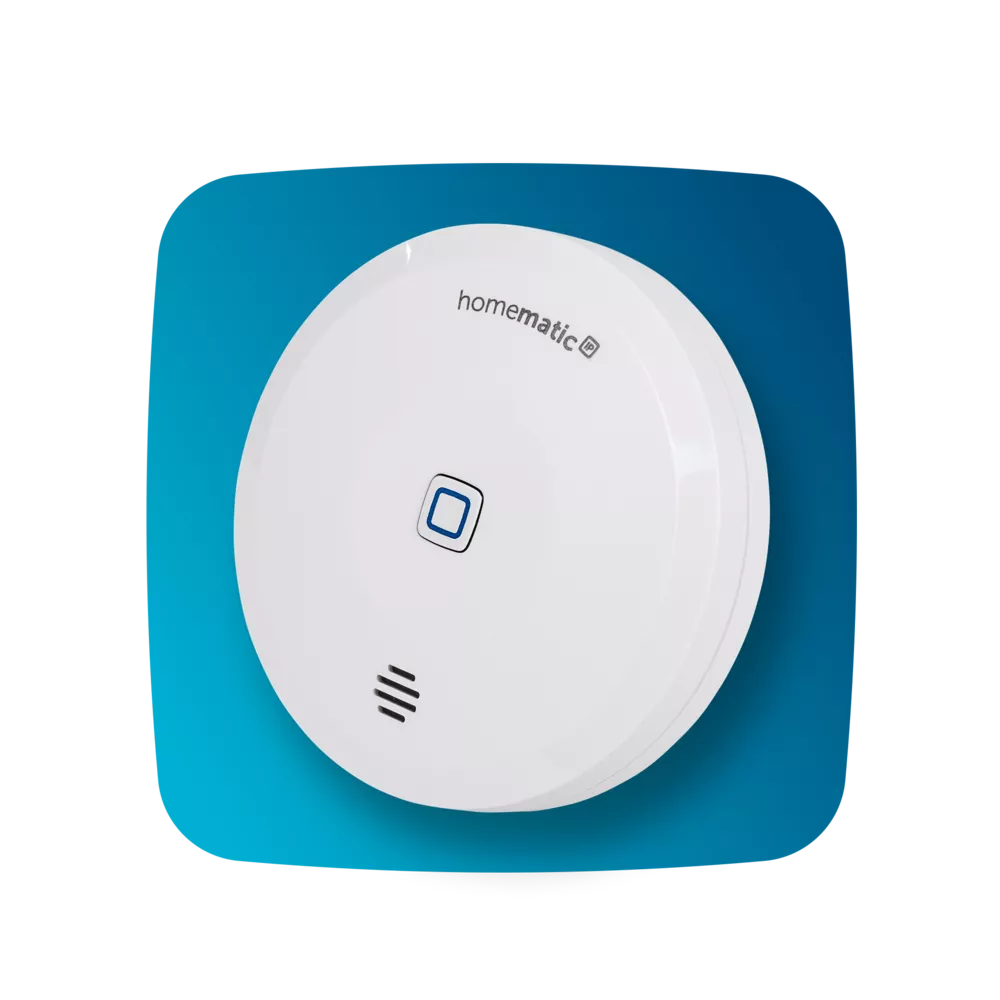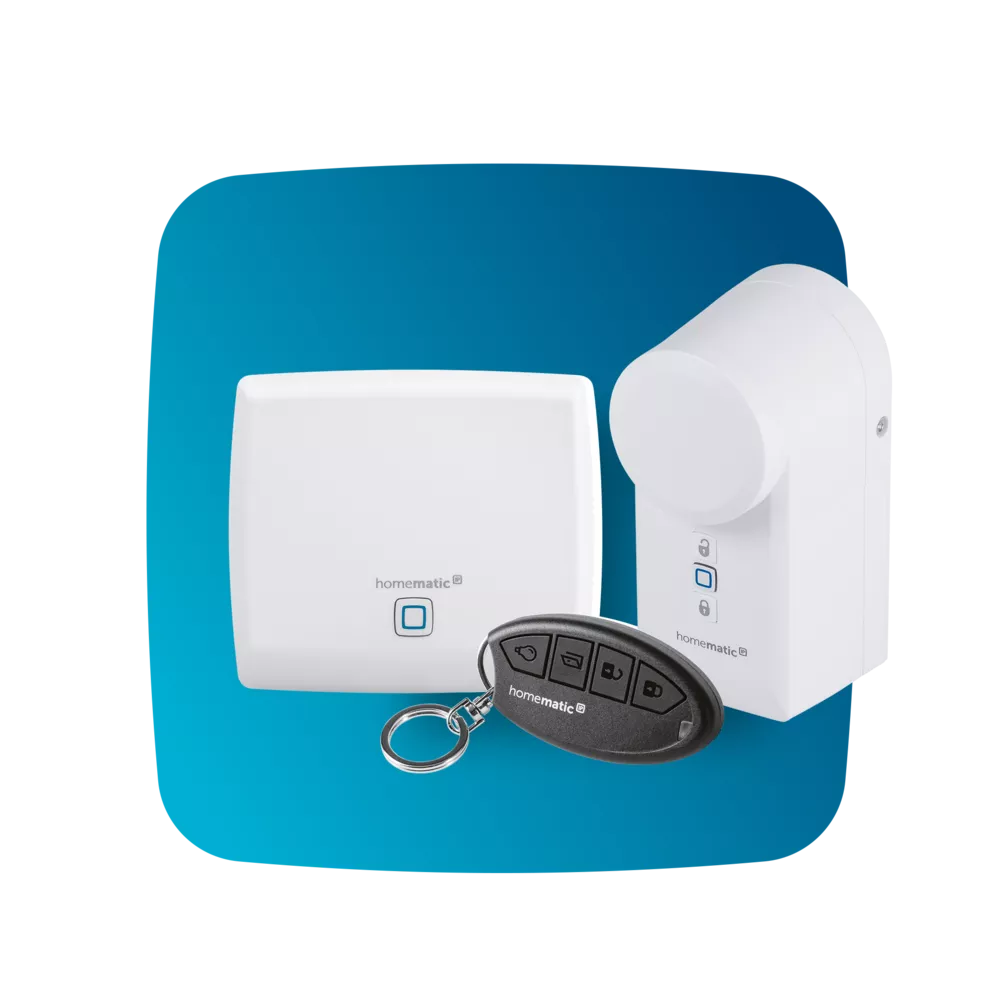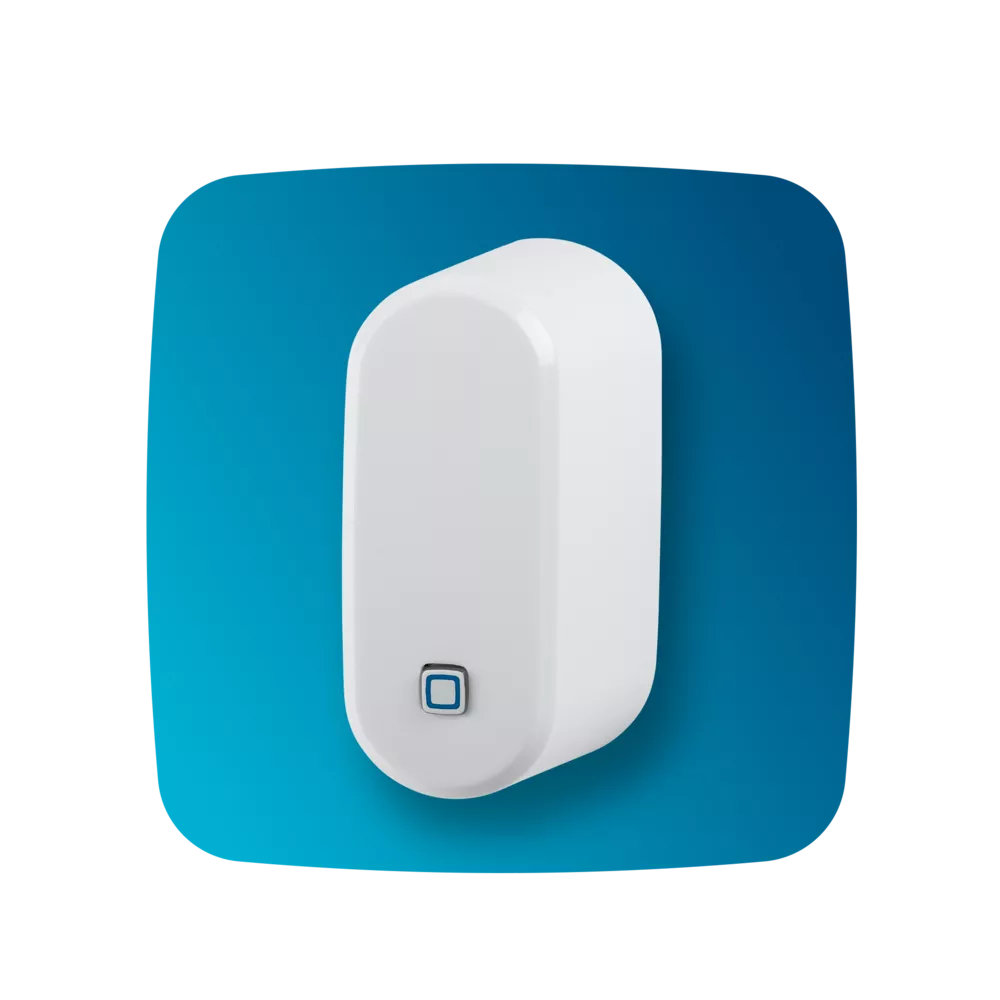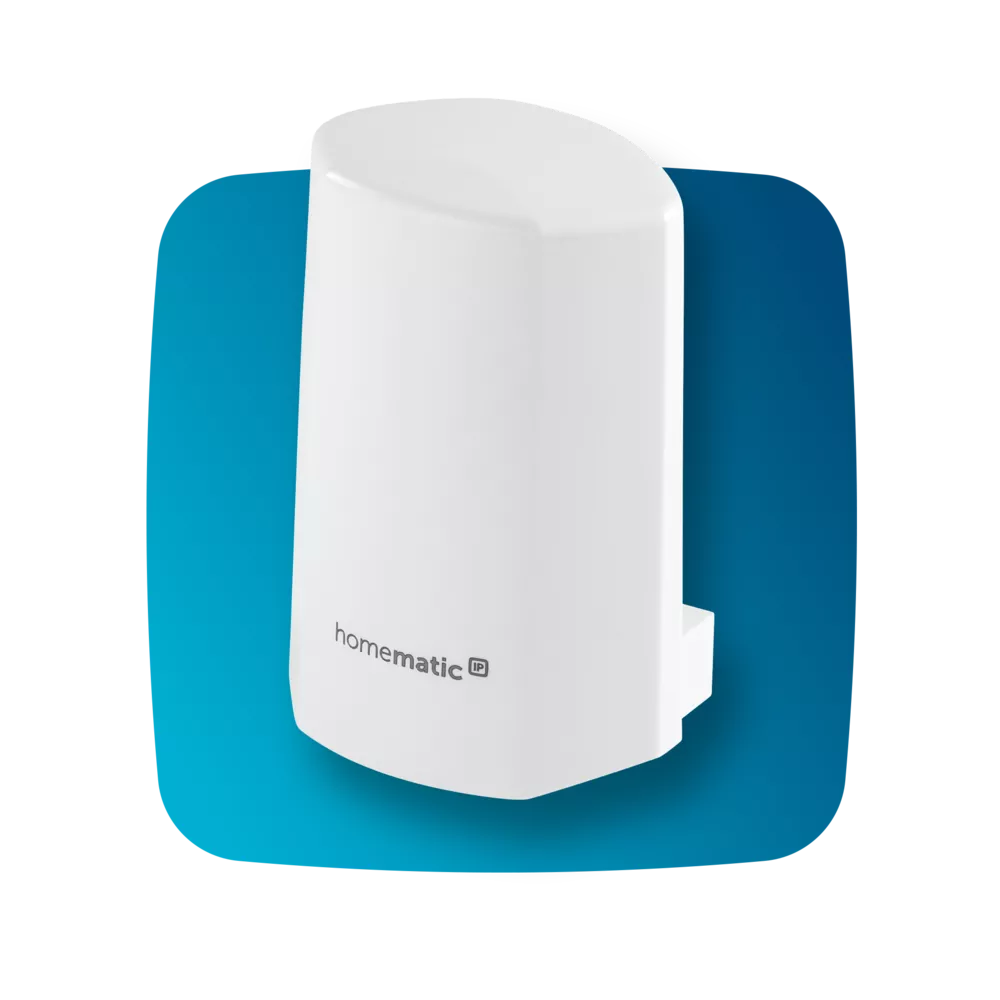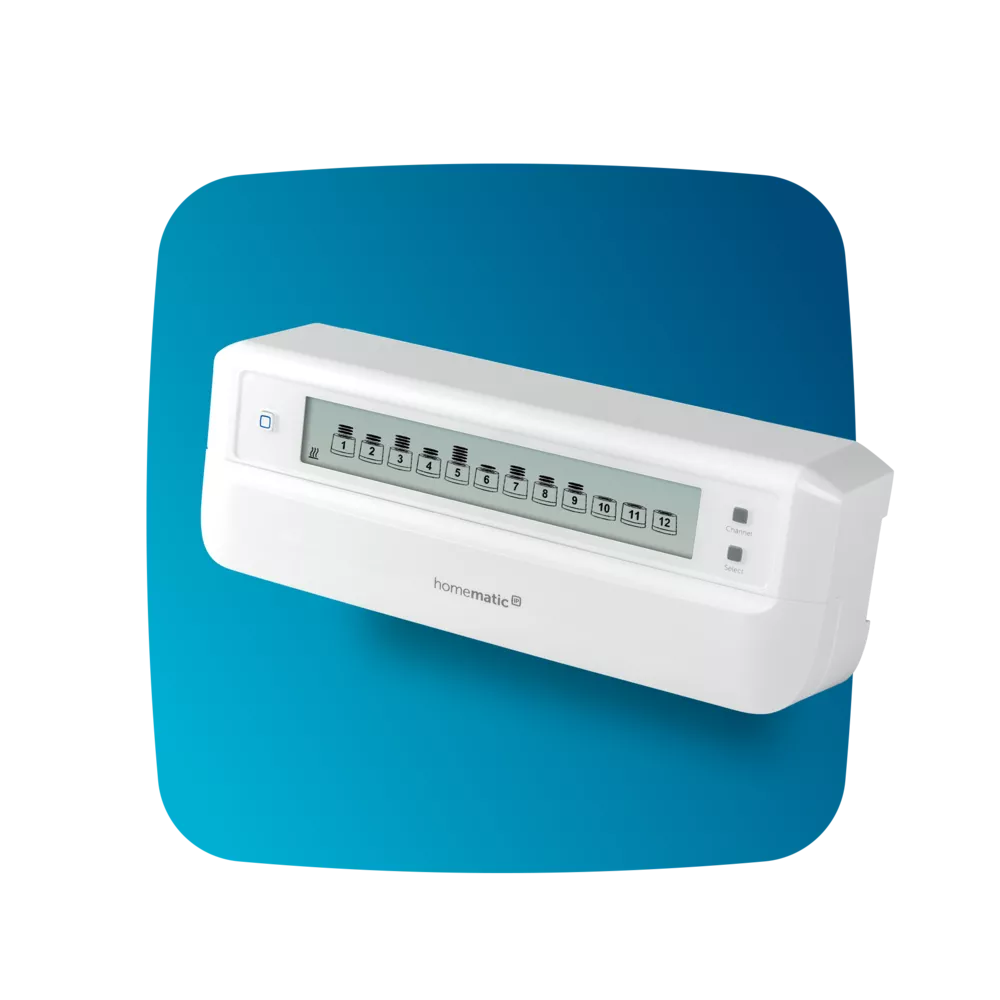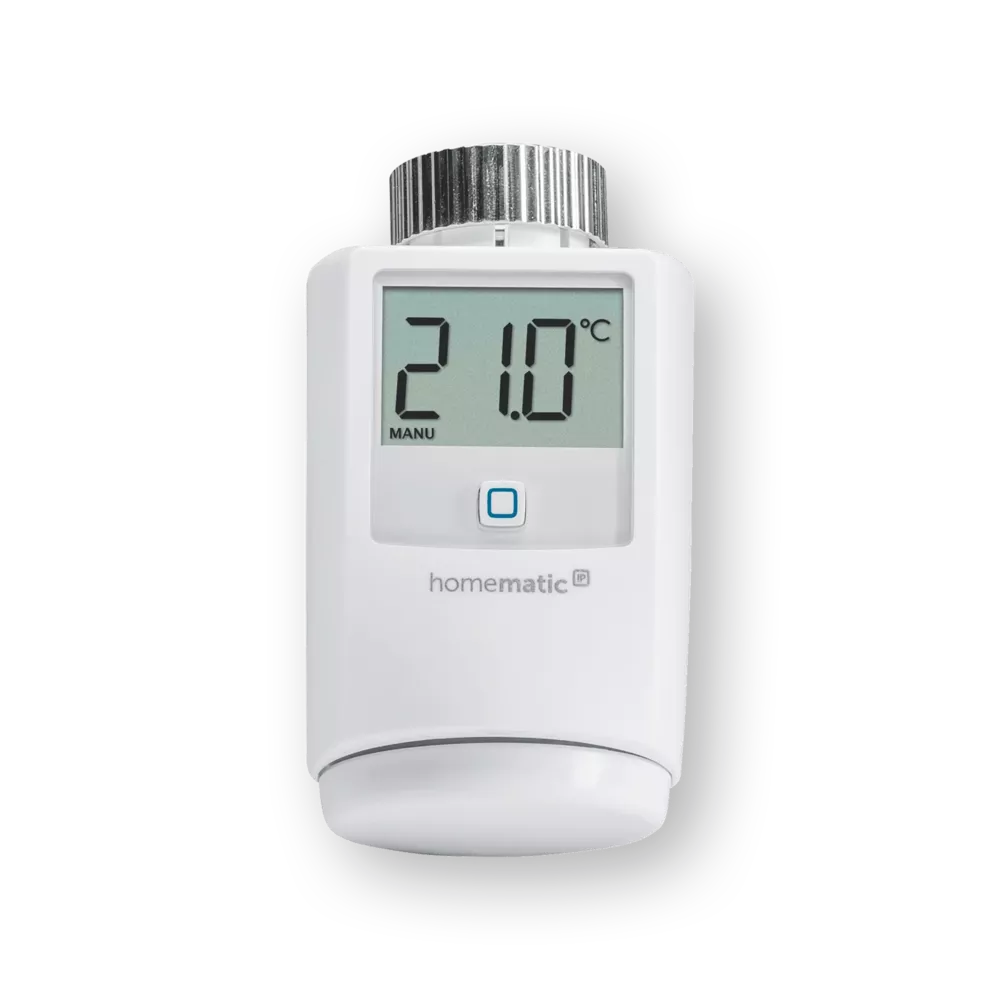Combating the climate crisis: save up to 33% energy with smart heating
Between climate change and the energy crisis, it’s becoming increasingly clear that we can’t carry on as we are. Fortunately, affordable and effective energy-saving measures are already available today.

We need to act, and we need to act now! That is the take-away from the February 2022 Intergovernmental Panel on Climate Change report. The experts agree: only by taking concrete measures now to significantly reduce our energy consumption and the associated greenhouse gas emissions can we avoid or at least moderate the worst consequences of anthropogenic climate change. This is not a new request, but it has rarely been voiced with such urgency. By now, it must be clear to every last one of us that we cannot rely on long-term goals such as the energy transition or the costly refurbishment of our entire building stock. Instead of building castles in the air for the future, we need to find effective solutions for today.
One solution is available now
The good news is that one such solution has already been found. Experts have been aware of the effectiveness of smart heating control for years. Intelligent radiator thermostats, used together with sensors that detect open windows, for example, ensure that a room is only heated when needed. Rooms never get uncomfortably cold as a result, quite the opposite – because the heating is perfectly adjusted to your daily routine, they are always at the optimum comfort temperature.
This measure tackles exactly the area where the most energy is consumed, because heating and hot water production alone are responsible for 90% of a building’s total energy consumption. The savings potential is correspondingly big. How much energy can really be saved was investigated by eQ-3 AG as part of a joint project with the Berufsbildenden Schulen II vocational schools in Leer (BBS II) and the company Natelberg Gebäudetechnik.
“In these times of constantly rising energy prices, the immense savings potential that can be realised through simple measures such as installing a smart heating control system should not go unused. Expert planning and installation by skilled tradespeople is essential, especially for projects of this size. After the initial installation, maintenance can be carried out at set intervals. The pilot project at the school in Leer has impressively demonstrated how worthwhile the comparatively low outlay for this can be.”
Testing in daily school life
The basis of the study is not an artificial test setup in a lab but a series of measurements from daily school life at the vocational school in Leer. During the test period, from October 2021 to January 2022, the heating energy consumption of two structurally comparable parts of the school building was examined. The south-eastern school wing was heated conventionally, while the north-western part was equipped with smart individual room regulation from Homematic IP. Natelberg Gebäudetechnik GmbH was responsible for the project’s professional planning and implementation.
Homematic IP Radiator Thermostats provide highly efficient automatic temperature control. Their long battery life means the devices require little maintenance and are ideal for offices or public rooms. Window contacts reliably detect and report open windows to the thermostats, which then automatically lower the set temperature while the room is ventilated. The room temperature is precisely recorded by wall thermostats and automatically transmitted to the radiator thermostats so that heating is only provided when necessary. Heating schedules are controlled centrally and automatically via Homematic IP smart home control units.
Lower costs, greater climate protection
The Covid 19 pandemic posed special challenges for the school during the measurement period. The need to regularly ventilate classrooms generally caused heating energy requirements to rise. Under these conditions, the strengths of the smart technology came into their own, and the trial could hardly have come at a better time for the school.
In the end, the numbers speak for themselves: the intelligent individual room regulation provided by Homematic IP reduced the energy consumption of part of the building with smart heating by 31% compared to the conventional heating. So simply retrofitting smart radiator thermostats and window contacts reduced energy consumption – and, along with it, CO2 emissions – by almost a third.
The actual savings are even greater. The smart part of the building was barely able to benefit from natural heating by solar radiation due to its north-west location – unlike the conventionally heated south-east wing, which was fully illuminated by the sun from morning to early afternoon, in other words particularly during teaching hours. If the solar yield is included, the advantage of intelligent individual room regulation becomes even clearer. In fact, it produces a potential energy savings of around 40%.
“In my opinion, many schools and public buildings have great energy-saving potential that should not go unused in the face of the global climate crisis. Digital building technologies such as smart heating control promise a quick and inexpensive solution compared to a lengthy and expensive refurbishment. That’s why we were happy to participate in this pilot project. We are delighted with the result. Regular ventilation of the classrooms has caused our heating energy requirements to skyrocket. However, the smart individual room regulation system effectively counteracted this and helped us to save more than 30% heating energy in the part of the building equipped with this. If public buildings are equipped with smart individual room regulation systems across the board, the additional personnel costs required for maintenance and administration can be amortised many times over.”
These measurements are also consistent with the findings of the Borderstep Institute, which has conducted studies on energy savings through digital building technologies. It is thus clear that smart heating control can make a considerable contribution to significantly improving our climate footprint in the short and medium term and saving energy costs. At the same time, implementation is much faster and less expensive than an elaborate renovation and possible even for the layperson with no prior knowledge. It is therefore all the more surprising that intelligent individual room regulation has not long since become standard in public and private buildings. It is high time people changed their thinking, because the opinion of the Intergovernmental Panel on Climate Change is clear: We need to act, and we need to act now!


